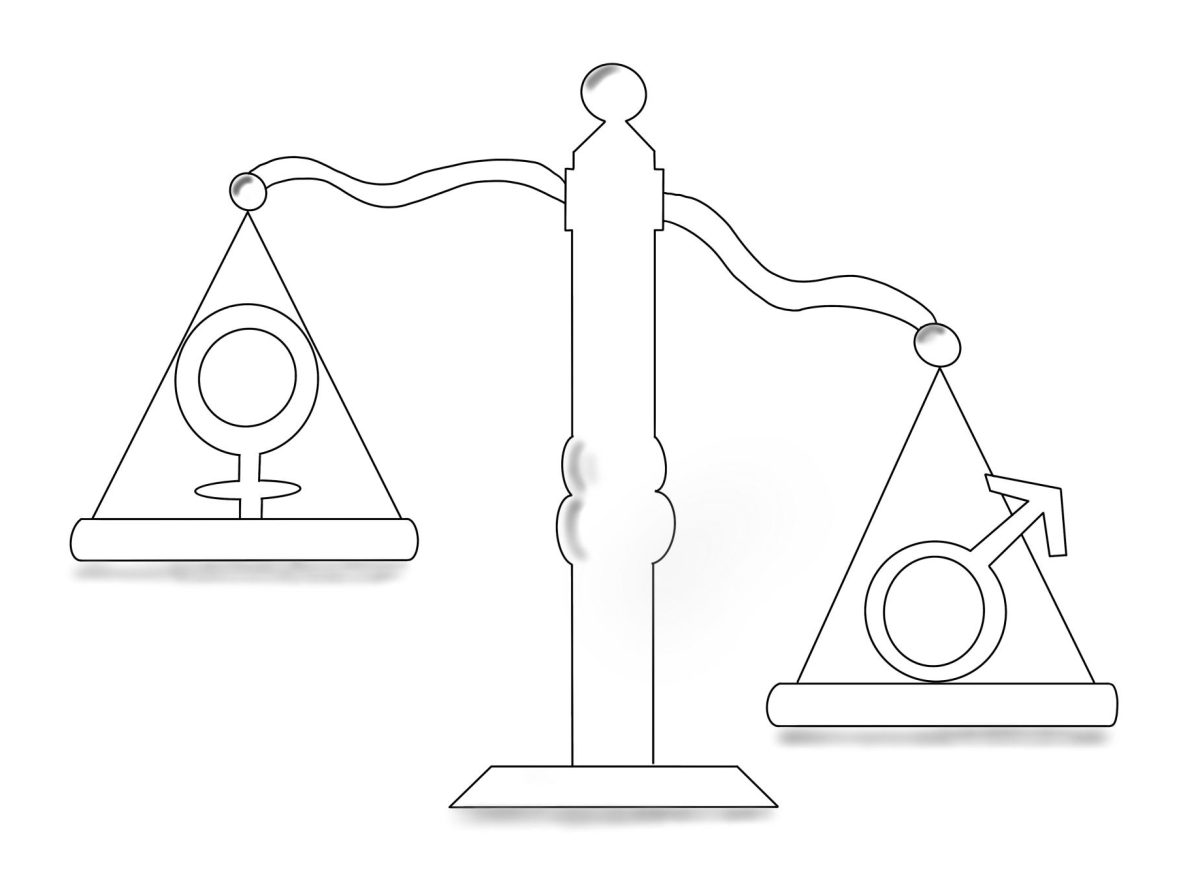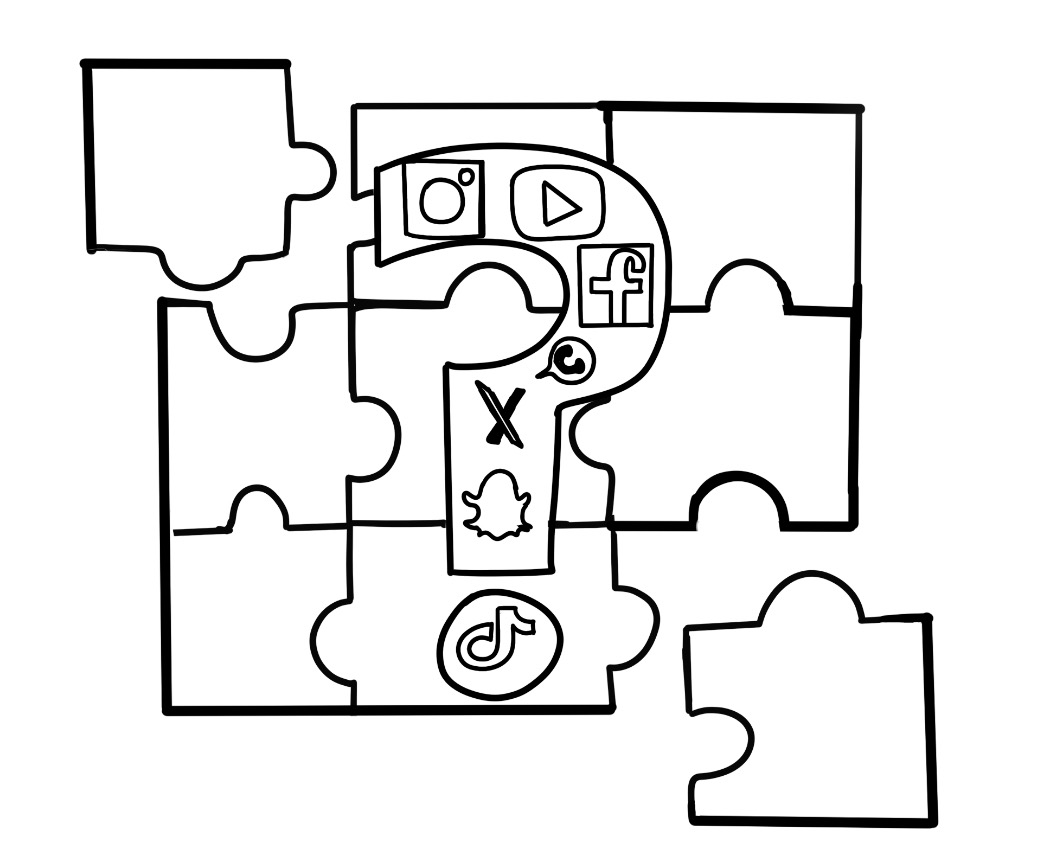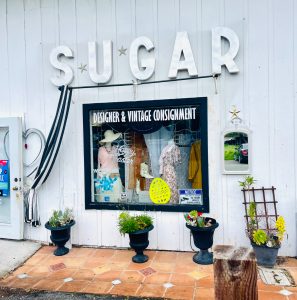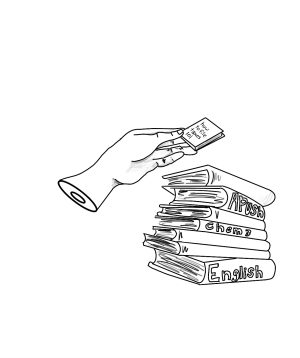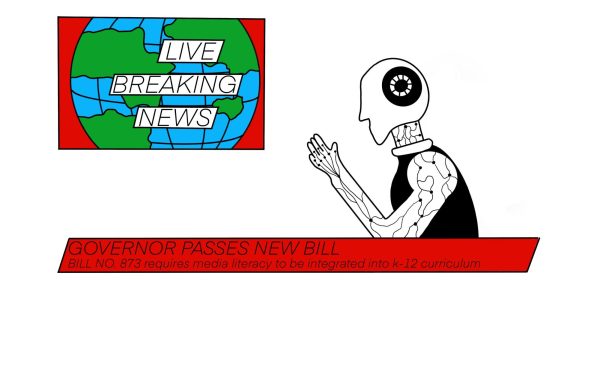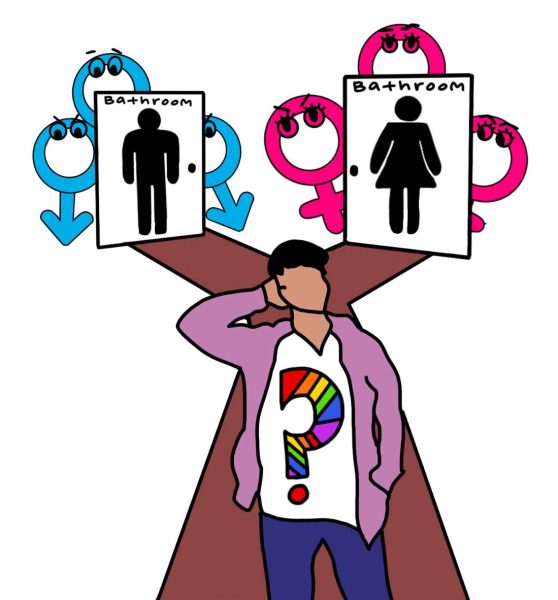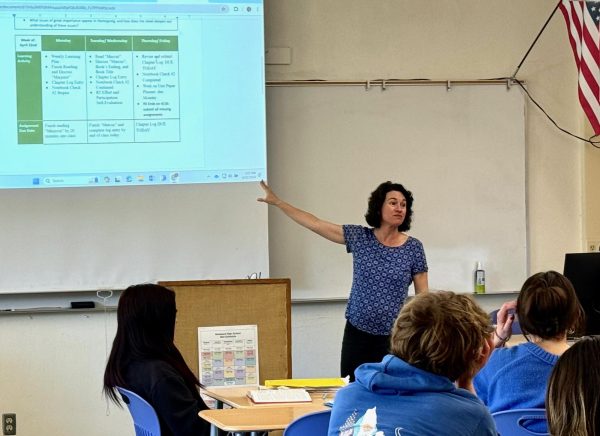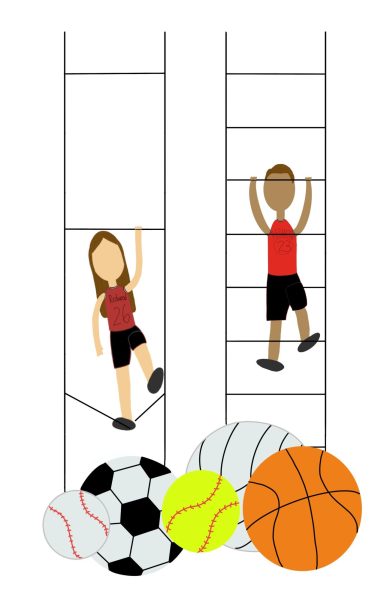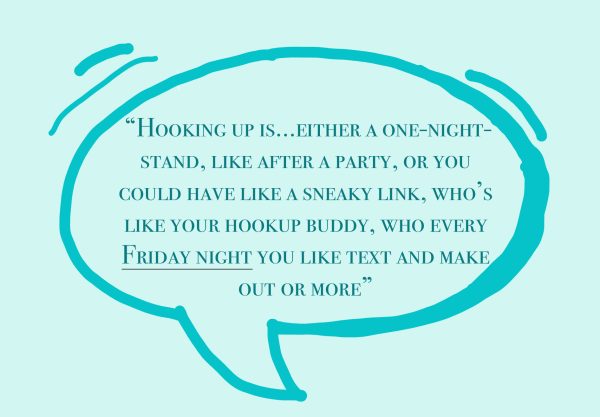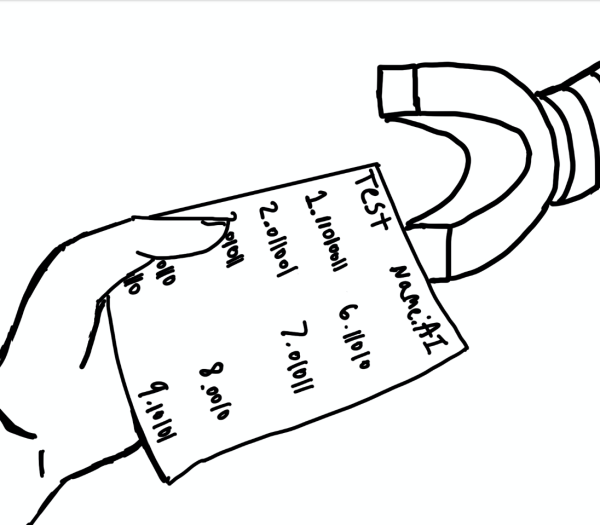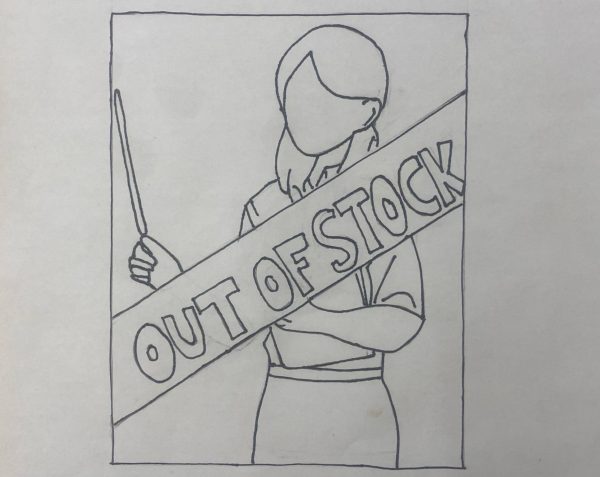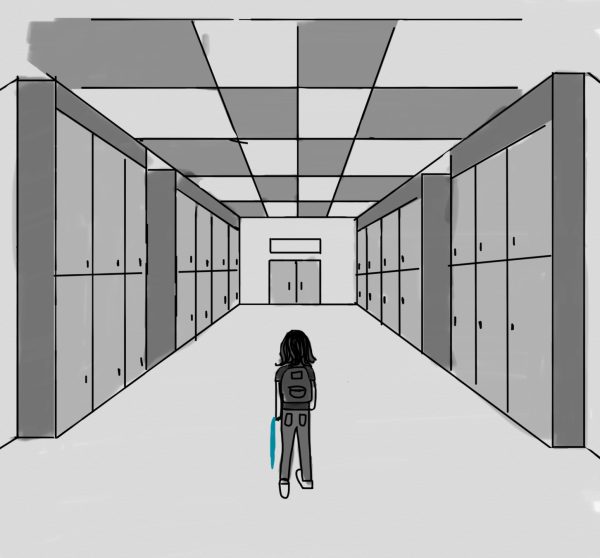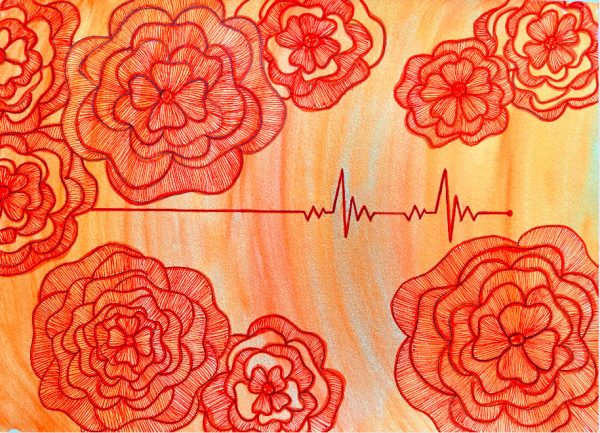Common, but not normalized: Antidepressants
April 30, 2023
According to the Zebra Press newspaper in Virginia, “Teen depression has increased 59 percent since 2007.”
Depression at Redwood is more common than most realize. Though not discussed enough, many students struggle with their mental health. Some look to antidepressants to help cope with the heaviness of depression.
Depression is a mood disorder that affects the chemical balance in your brain. Depression looks different to each person. Most commonly, depression causes constant sadness and lack of motivation and often leads to self-isolation. Antidepressants are medications used to treat clinical depression, though medication is not the only option to cope with these feelings. According to Cleveland Clinic, healthcare providers often recommend psychotherapy and talk therapy instead of, or in addition to, antidepressants.
Social worker Spencer DeWoody recently took on the Wellness Coordinator position at Redwood. DeWoody earned his undergrad in psychology and his Master of Social Work (MSW). When a student needs emotional support, DeWoody pairs students with therapists or works with students directly.
“The actual statistic for students that struggle with mental health is about 20 percent of a classroom. In any classroom you’re in, if there’s 30 kids, it’s usually about six that are struggling with some sort of mental health-related issue,” DeWoody said.

Mental health issues stem from many different factors and are very prevalent within the Redwood community. Some leading components are academic stress, stress from sports, family, friends, and more. Unfortunately, mental health illnesses are on the rise.
One reason depression rates are on the rise is because of the COVID-19 pandemic. This pandemic left people at home feeling isolated. Social isolation resulting from the pandemic caused an increase in depression among teens.
“COVID mimics some symptoms of depression, like social isolation. I think we’ll see the ripple effects [of more teen depression] over time,” DeWoody said.
Depression is one of the most-diagnosed mental illnesses. According to the Cub Bark survey, 25 percent of Redwood students have been diagnosed with a mental health disorder, and 14 percent of Redwood High School students take anti-depressant medication. In addition to this, the Zebra Press found that 20 percent of all teens suffer from depression before they reach adulthood.
Sophomore Maggie Pitts has been on antidepressants since 2020. Pitts has been struggling with her mental health due to sports and the stressful school environment.
“I always had academic pressure, not primarily from my parents, but from my peers. [This is because] Redwood is such a competitive place, even though not many people talk about it,” Pitts said.
Social and academic pressures can put students in unhealthy mental spaces, as Pitts experienced.
“All the academic pressure has definitely made my mental health deteriorate,” Pitts said.
According to the Cub Bark survey, 40 percent of students feel very stressed about their workload every day.
There are many different types of antidepressant medication. Depending on the medication, you may have side effects, including feeling shaky or anxious, feeling sick, stomach aches, loss of appetite, headaches, and trouble sleeping.
Freshman Ella Meli-Abdulla has been suffering from depression since 2019. Meli-Abdulla was diagnosed with depression and anxiety and has been in therapy since 2021. Meli-Abdulla went on antidepressants in December 2022. Meli-Abdulla is on Zoloft, a Selective Serotonin Reuptake Inhibitor (SSRI), to treat her depression. SSRI works by preventing the reuptake of serotonin by nerves. This leads to an increase in serotonin. Meli-Abdulla tried other ways to help with her depression.

“[I tried] listening to music. I tried spending time with my family, drawing, journaling, baking, and nothing really worked for me,” Meli-Abdulla said.
Meli-Abdulla has seen much better results than she expected. Her depression is getting better, and she is getting back into the things she loves. She is in outside of school therapy, participates in therapy provided by the school, and goes to the Wellness Center at least once a week.
“[The wellness center] is just a quiet space to get your mind right,” Meli-Abdulla said.
There is a lot of stigma surrounding antidepressants due to misconceptions about these medications. Many people look at the negative side of antidepressants versus the help that can be provided for those who struggle with depression. Depression is a chemical imbalance in your brain; sometimes the only way to treat it is with medication.
“If you’re actively trying to better your symptoms, like sadness or depression and still feel hopeless and overwhelmed, then I think [antidepressants] are one of several tools that can help you,” Spencer said.
Antidepressants aren’t talked about enough, despite being very prevalent and common in the Redwood community. Antidepressants can be a very powerful tool for those who battle mental illnesses.



